Updated on: April 28, 2025 / 8:43 AM EDT / CBS News

The reign of Pope Francis is over, and as the Catholic Church mourns his death, it is also looking to the future. On Monday - two days after the pope's funeral - the Vatican confirmed that a papal conclave will begin on May 7 to choose his successor.
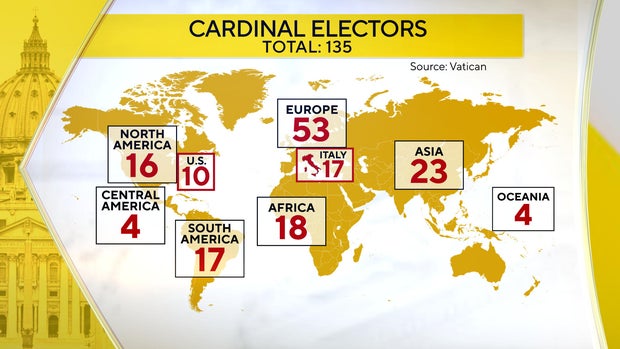
The question now turns to which man - and it will be a man, as women cannot be ordained priests in the Catholic Church - will emerge and step onto the balcony in papal regalia to greet the crowds massed in St. Peter's Square at the Vatican.
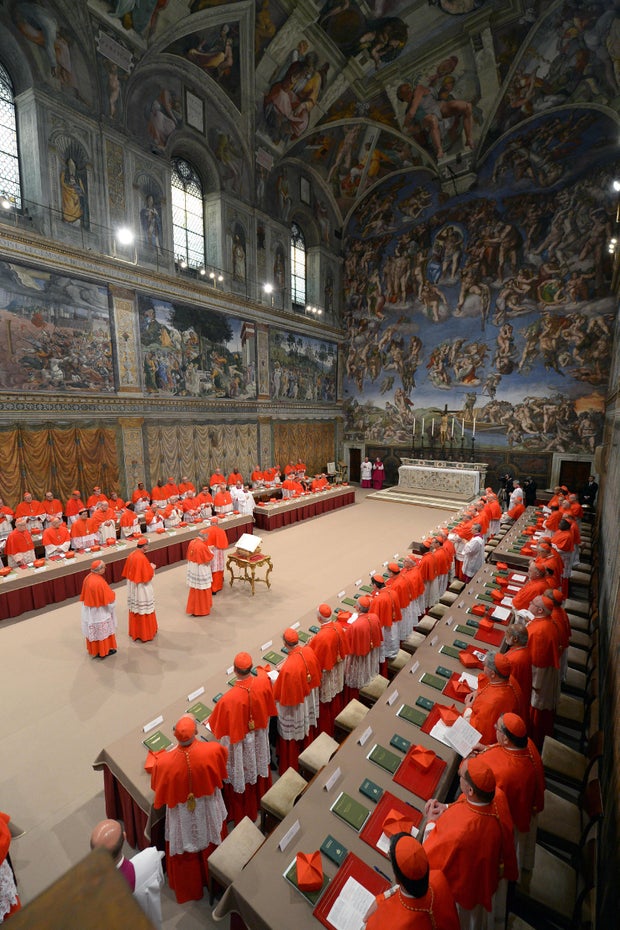
Below is a look inside the conclave process, with a step-by-step breakdown of how the next pope will be chosen and anointed under Michelangelo's iconic fresco on the ceiling of the Vatican's Sistine Chapel.
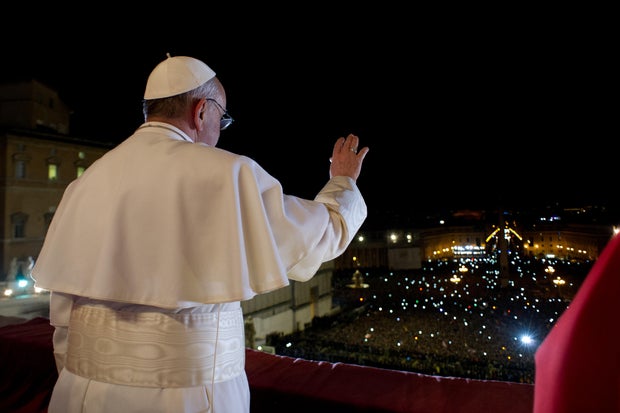
The papal conclave is the closely guarded gathering of the cardinal electors - all serving cardinals under the age of 80 - to elect the next pope.

The exact number varies, but there are currently about 135 cardinal electors who will convene at the Vatican from around the world to choose the successor to Pope Francis.

Of those eligible this time around, a large majority - 108 of them - were appointed by Pope Francis during his 12-year papacy. They come from 71 different countries; 10 are from the United States.

The Vatican says the conclave will begin Wednesday, May 7. Under church rules, it must start within 15 to 20 days after the pope's death; Pope Francis died on April 21.

How this assembly proceeds to choose the next pope is a process that dates back hundreds of years - an intricate, choreographed procession of rituals and ballots.

On the first day of the papal conclave, the cardinal electors will shut themselves off from the outside world and begin the momentous task of choosing - likely from among their own ranks - the man who will become the 267th Bishop of Rome, better known as the pope.
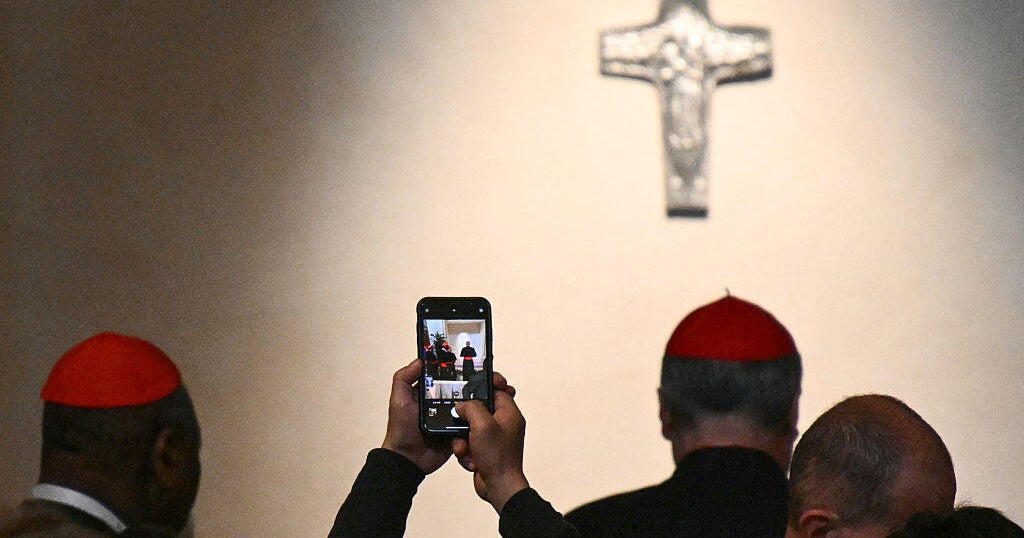
On Day One, the cardinals celebrate a morning Mass in St. Peter's Basilica. In the afternoon, they walk in a solemn procession into the Sistine Chapel, which will have undergone a security sweep to check for any illicit recording devices before their arrival.
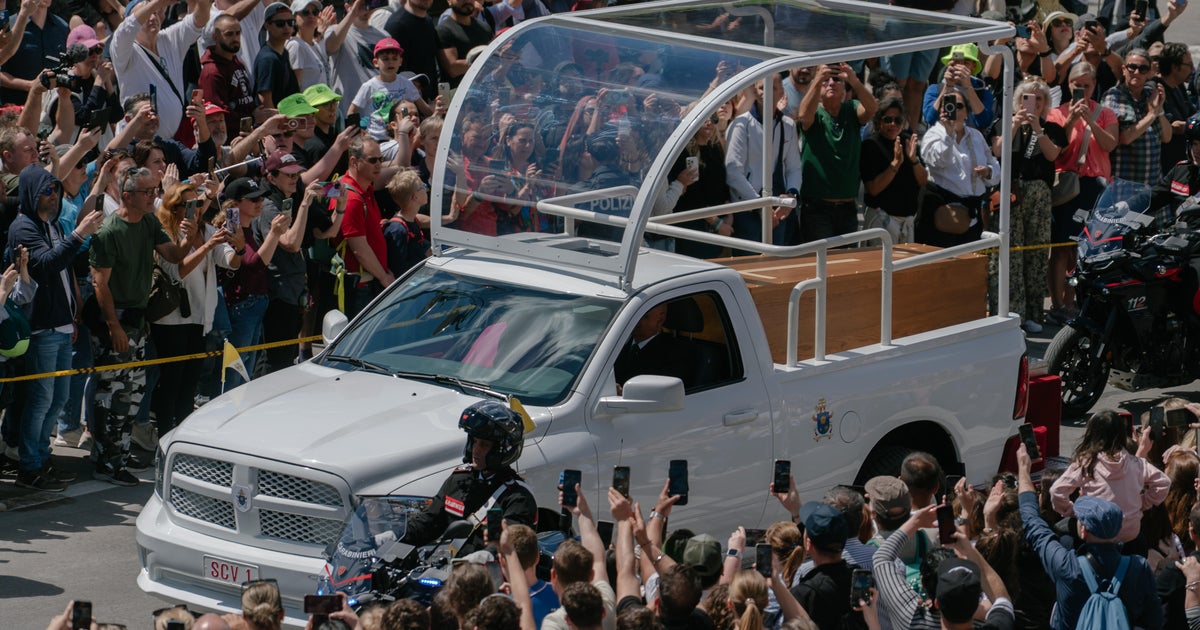
For centuries, the cardinal electors were physically locked inside the Sistine Chapel until they elected a new pontiff, left to eat and sleep beneath Michelangelo's vivid Renaissance masterpiece. These days, they do leave to rest and share meals at Santa Marta House - a hotel-like residence inside Vatican City where Francis had his own personal apartment during his pontificate - for however many days it takes them to come to a decision.
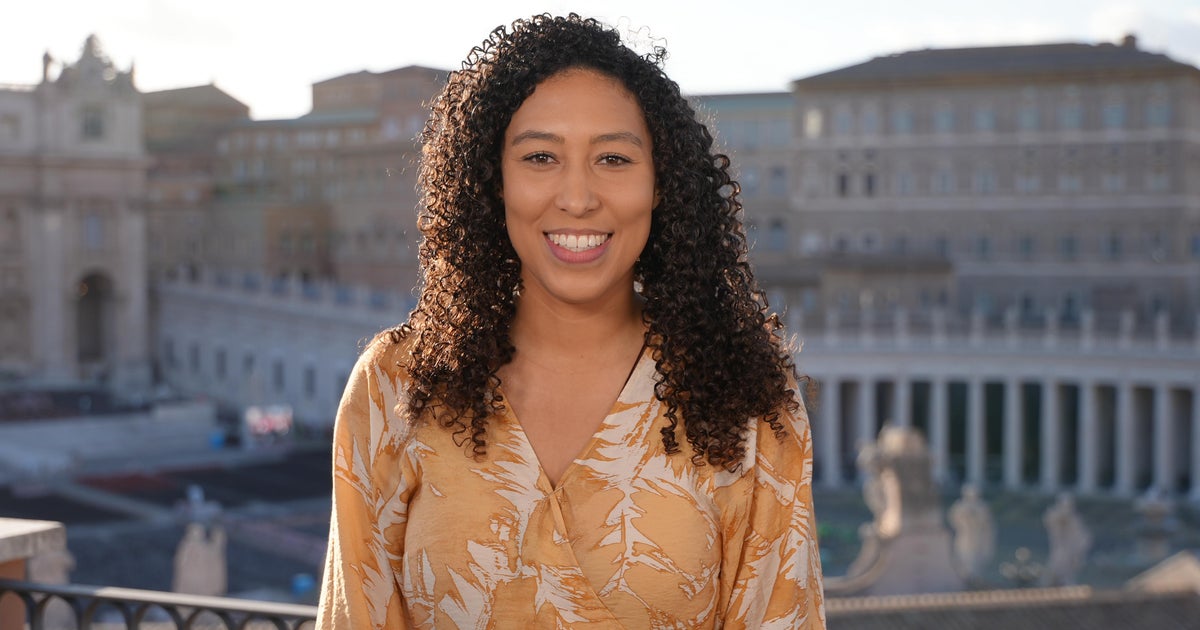
Once the cardinals have all filed into the chapel, its great bronze doors are dramatically closed and sealed, and the first day's voting begins.
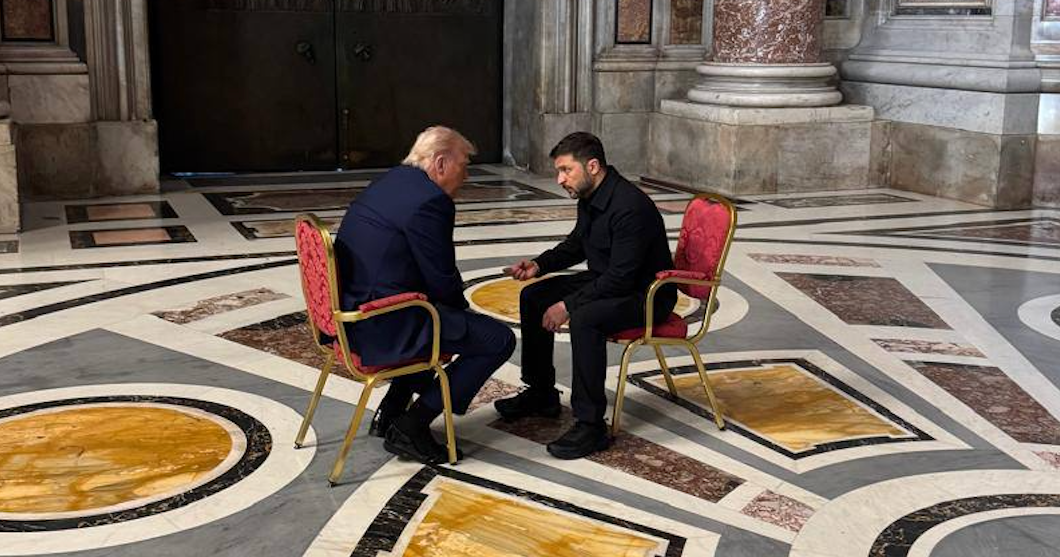
The cardinals will have already discussed the merits of each papal prospect during days of "general congregations" at the Vatican
